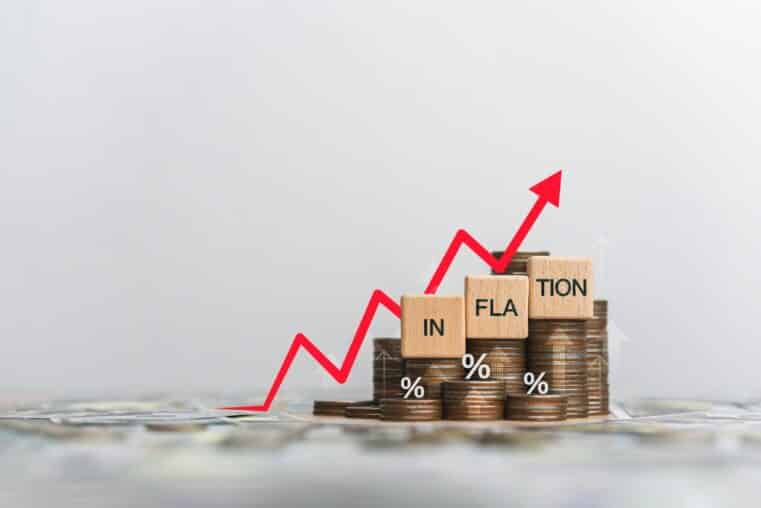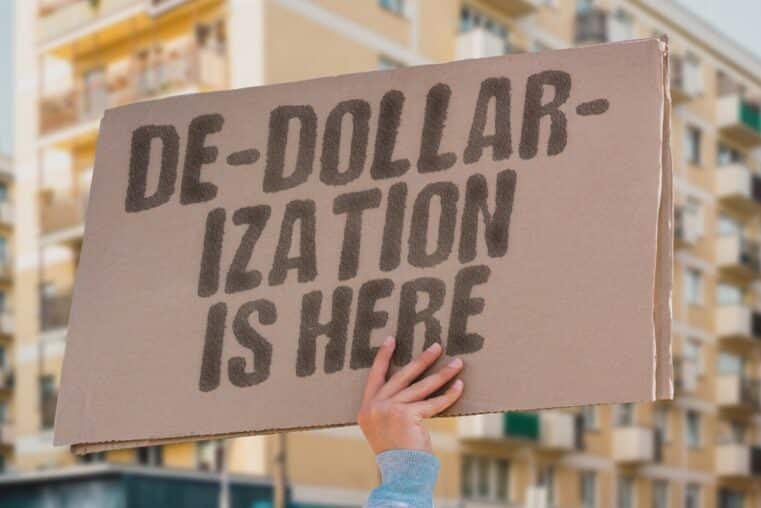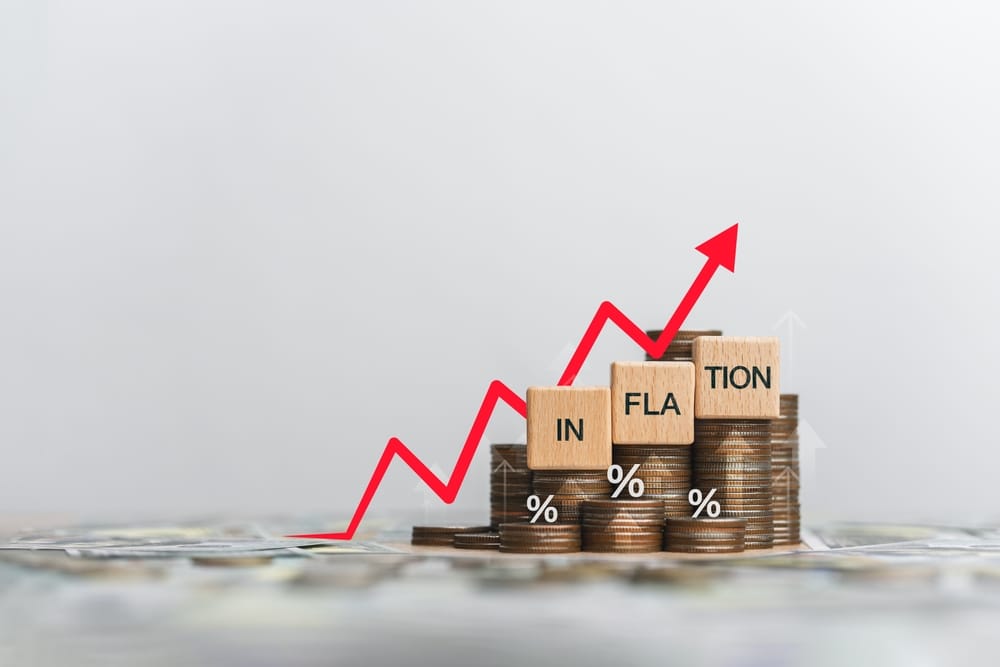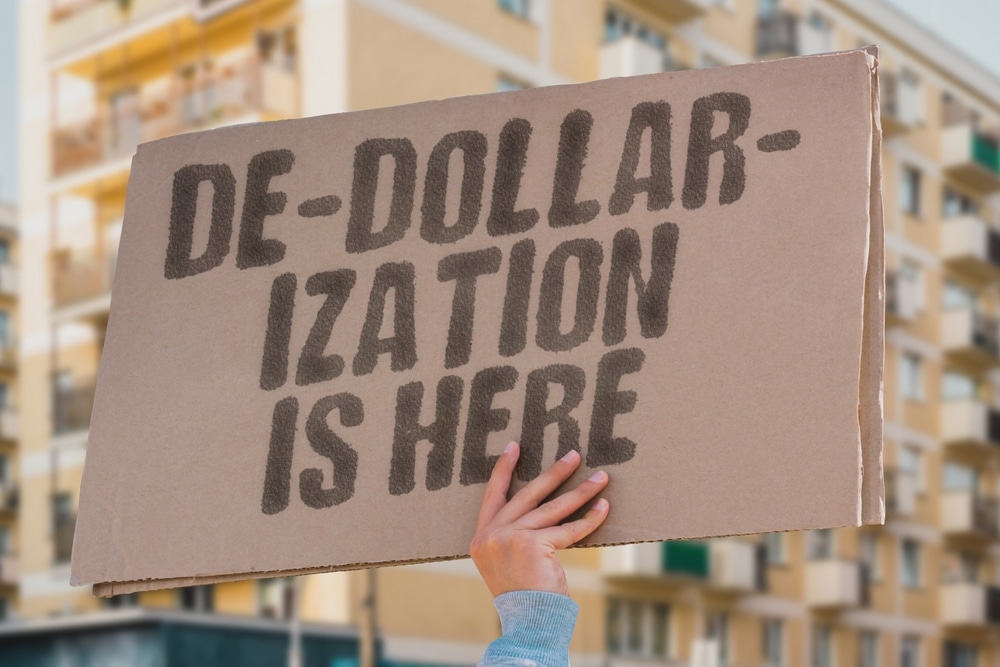
Europe Joins the BRICS Revolt: Local Currencies Surge as the Dollar Slides
Europe’s Financial Axis Quietly Shifts
European brokers, banks, and financial intermediaries have quietly entered the de-dollarization era. According to the Luxembourg Times, financial firms across the EU are now receiving a flood of requests to settle trades in anything but the U.S. dollar—Chinese yuan, Hong Kong dollars, Emirati dirhams, even euros.
Let that sink in.
These aren’t fringe transactions from obscure players. We’re talking about foreign institutional funds and multinational corporations specifically demanding strategies that sidestep the dollar altogether. This is the BRICS doctrine in action—on Western turf.
A Strategic Dismantling of Dollar Dominance
This trend isn’t just about optics. It’s about hard strategy. Up until now, a Japanese company transferring funds to the Philippines would typically route dollars through European banks before converting into pesos. That’s over. The demand now is for direct local currency transactions—cutting out the dollar as the global middleman.
What does this mean?
It means the dollar’s historic role as the neutral arbiter of global commerce is eroding in real time. The financial glue that has kept American influence intact across continents is losing its stick.
BRICS Strategy: Now a European Reality
This isn’t accidental. It’s coordinated. It’s systemic. And it’s working.
The BRICS alliance—Brazil, Russia, India, China, South Africa, and their growing list of partners—has spent years pushing a multipolar financial system anchored in local currencies and sovereign autonomy. What began as a geopolitical counterweight is now a currency revolution—and it’s infecting the very banking centers that once served as nodes of dollar supremacy.
As demand for currency derivatives that bypass the dollar explodes, one thing becomes clear: BRICS has the momentum. Technology is accelerating the shift. Liquidity in non-dollar markets is improving. And according to Gene Ma of the Institute of International Finance, traders increasingly believe they get just as good a deal without the dollar in the mix.
That’s the tipping point.
Why This Is a Warning, Not Just a Trend
This shift should terrify every U.S. policymaker and investor. Because it isn't just about BRICS nations asserting influence. It's about America losing leverage. The petrodollar system is weakening. The eurodollar market is fragmenting. And as more transactions flow around the dollar instead of through it, U.S. sanctions, debt monetization, and even Treasury demand face existential threats.
The Trump administration's 90-day tariff pause may have provided a temporary breath of air—but it hasn’t reversed the tide. The damage is cumulative. The mistrust is spreading. And the world is no longer waiting for U.S. permission to innovate its way out of dollar dependency.
What Comes Next: Dollar Decay and the Global Realignment
If the trend continues—and all signs suggest it will—we’re looking at a world where the dollar becomes just another currency. Not the global standard. Not the default. Not the king. Just another player in a multi-currency world.
That would trigger a series of cascading shifts:
- Reduced foreign demand for U.S. debt
- Declining influence of U.S. sanctions
- Rising inflation at home
- Collapse of financial confidence in U.S. institutions
This isn’t economic theory. It’s happening now, in real time, in boardrooms and trading floors from Frankfurt to Dubai.
If you’re still parking your savings in dollar-based accounts and pretending this is all just a phase—stop. The architecture of global finance is changing, and if you're not adapting, you're already behind.
Protect Yourself Before the Dollar Slide Becomes a Freefall
✔️ Download Bill Brocius’ free guide: 7 Steps to Protect Your Account from Bank Failure
✔️ Get your copy of The End of Banking As You Know It and learn how to escape dollar dependency
✔️ Subscribe to the Inner Circle Newsletter for $19.95/month to receive uncensored intelligence on the coming currency shift and how to position your assets before the next shoe drops.











